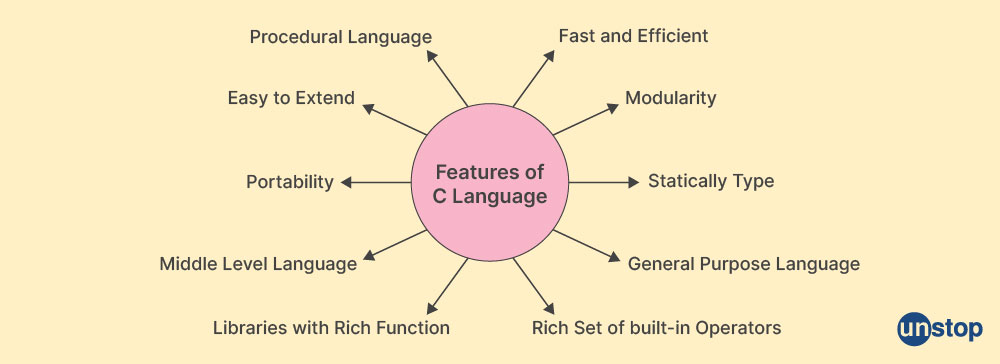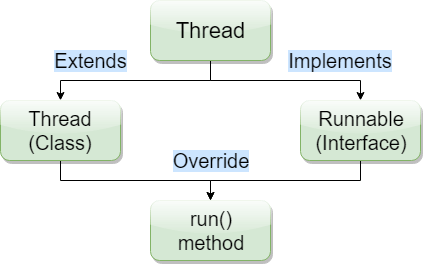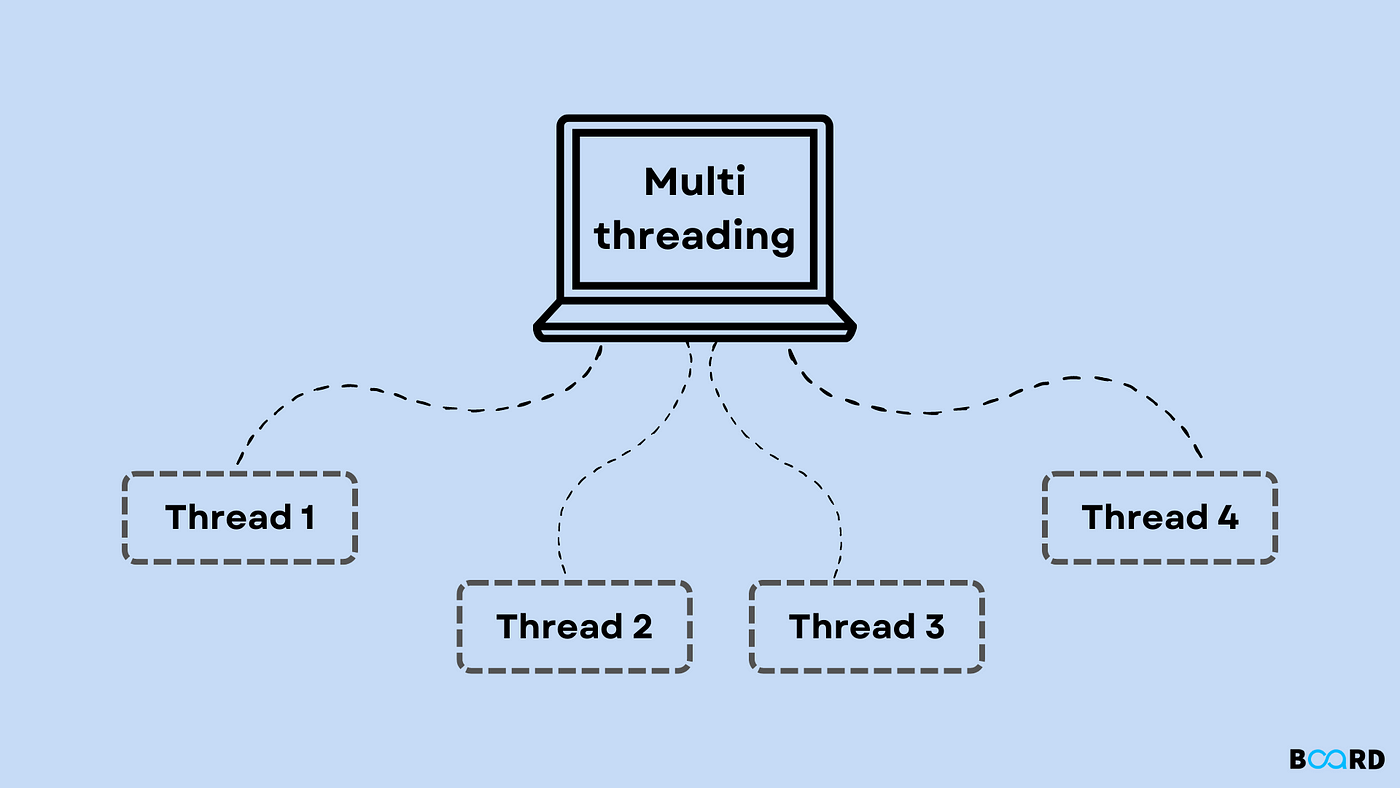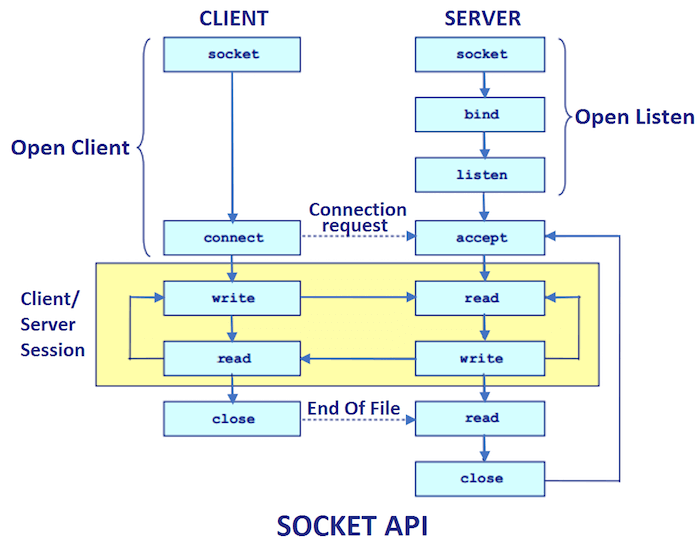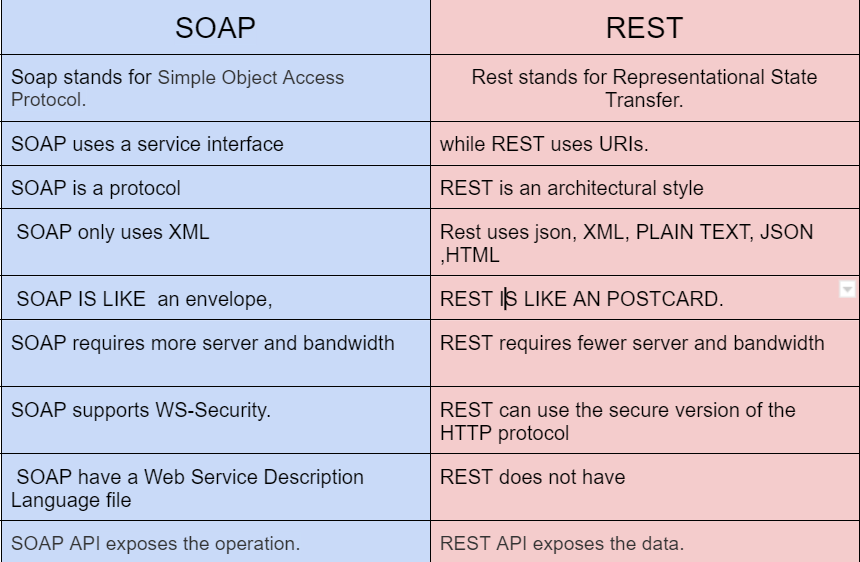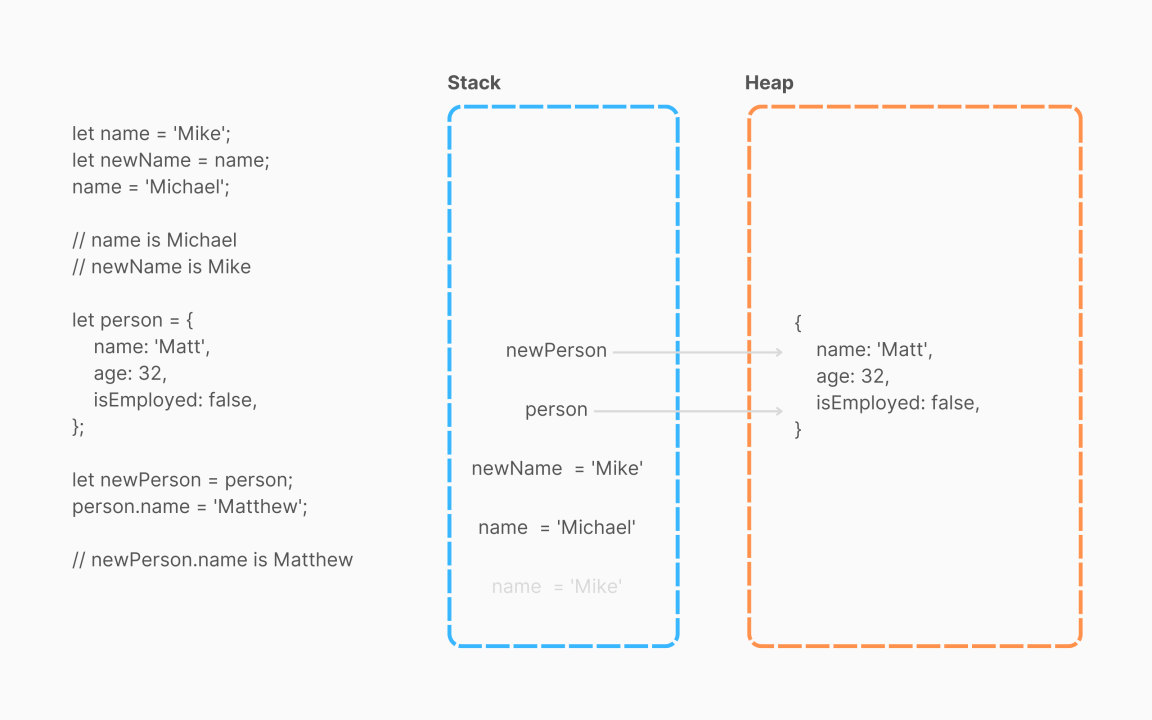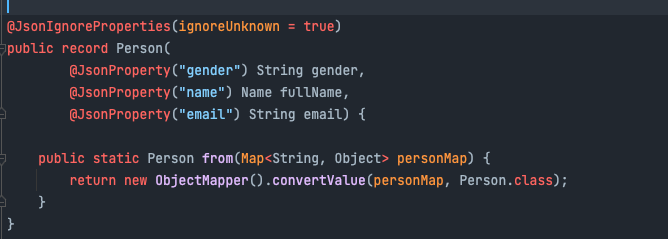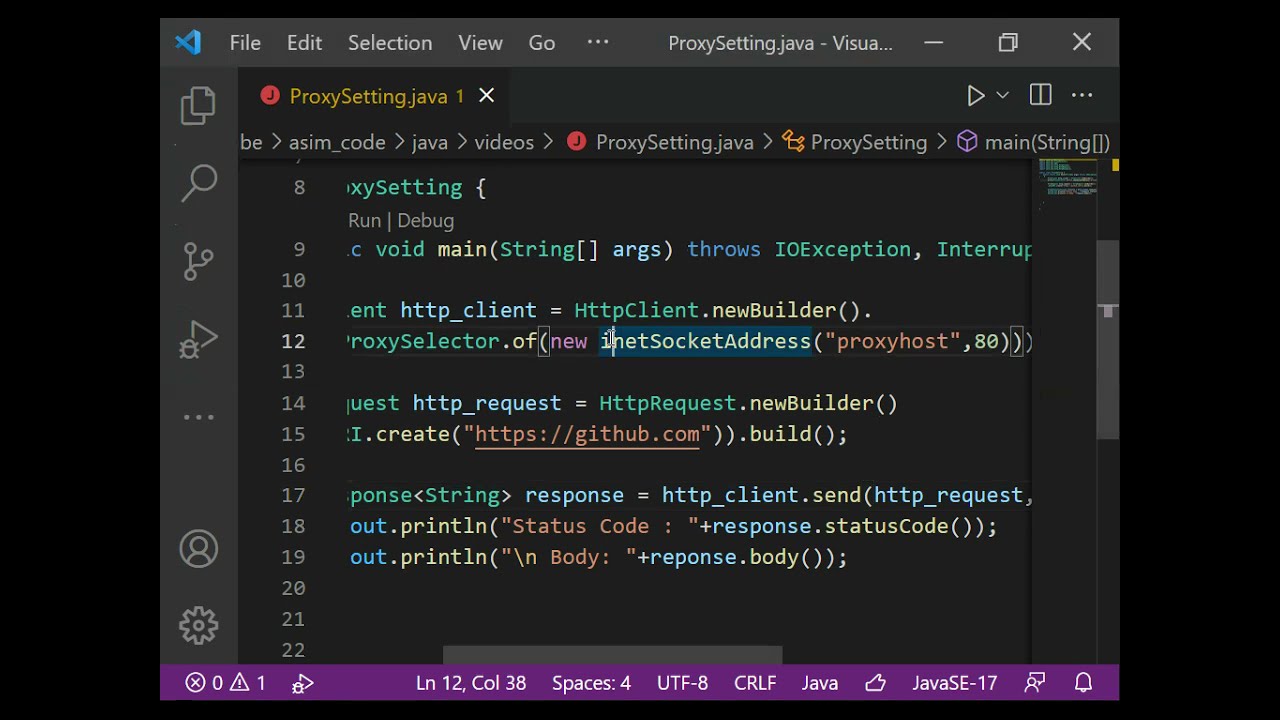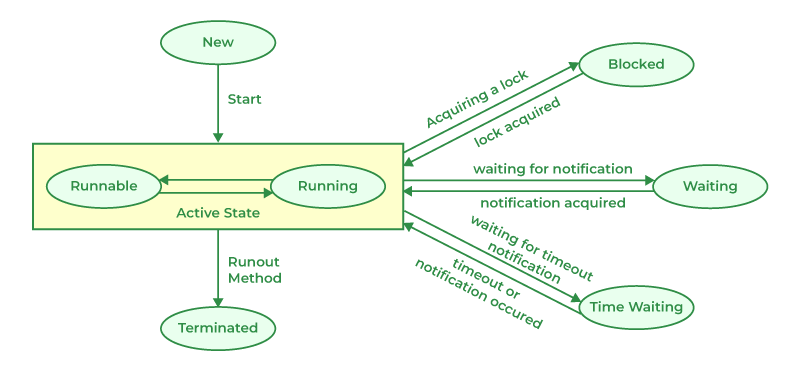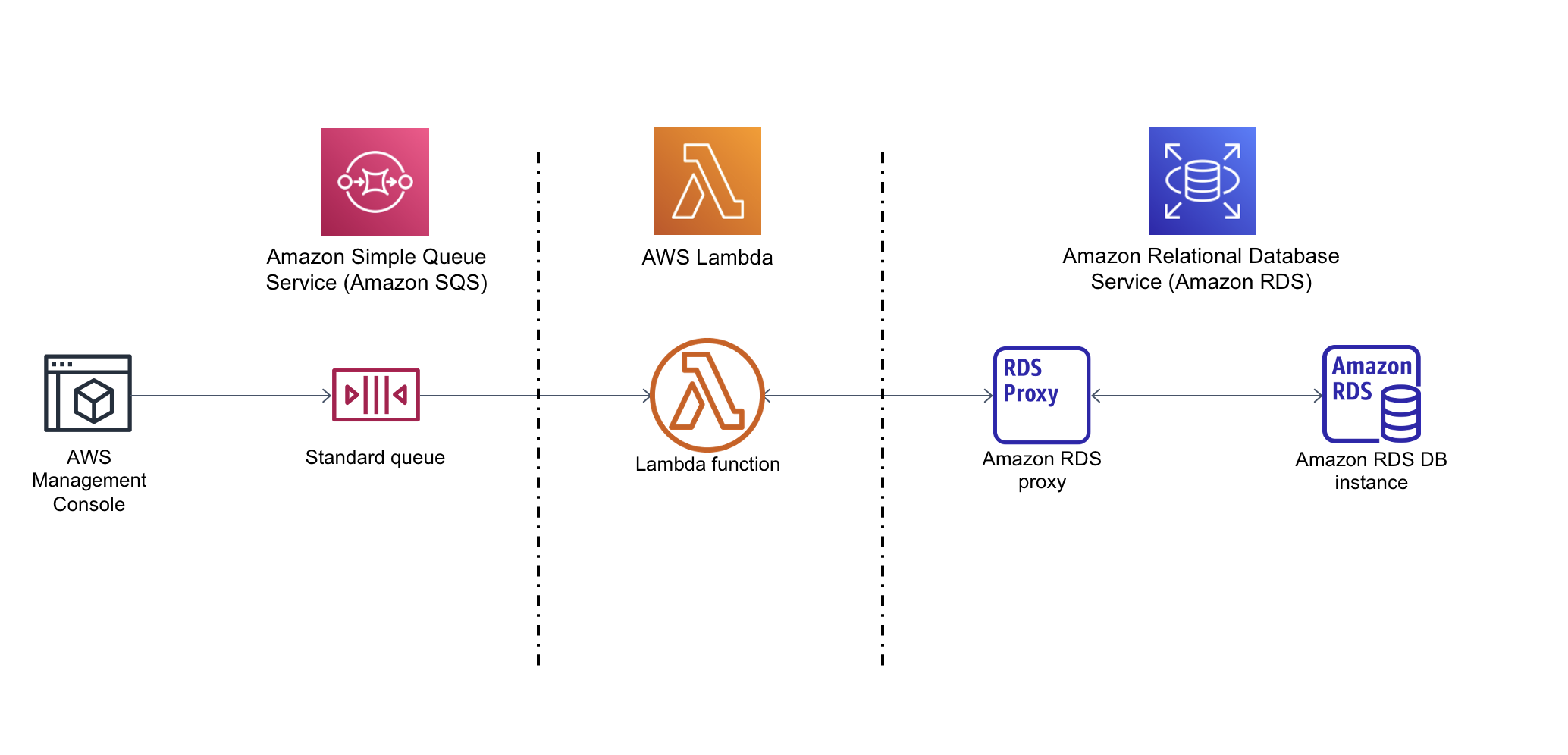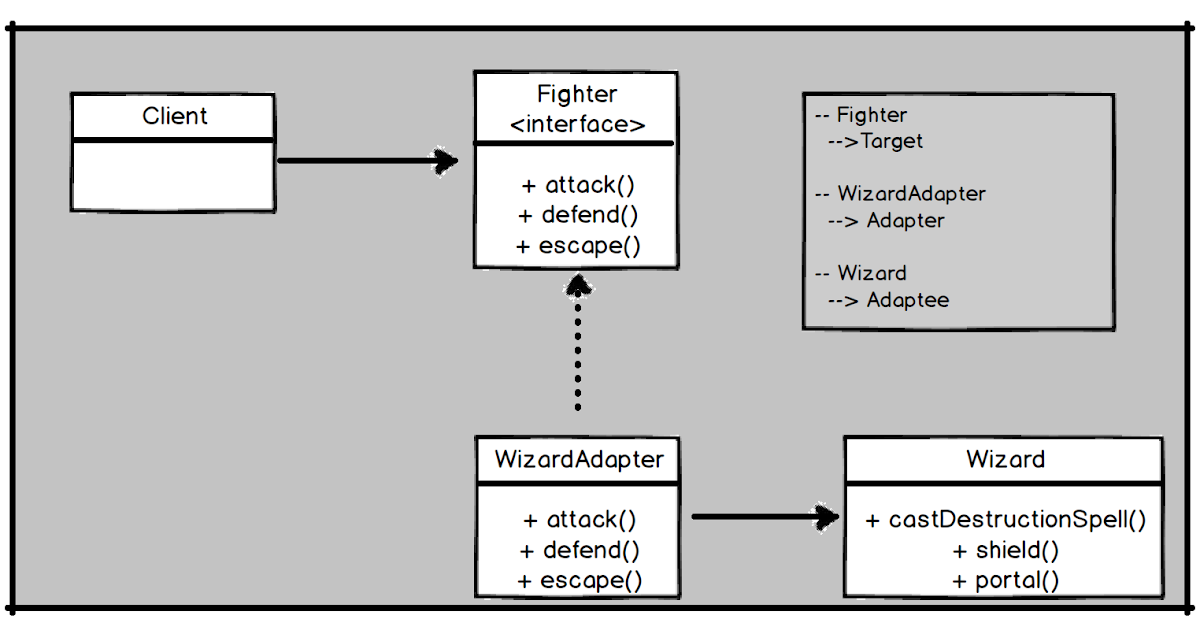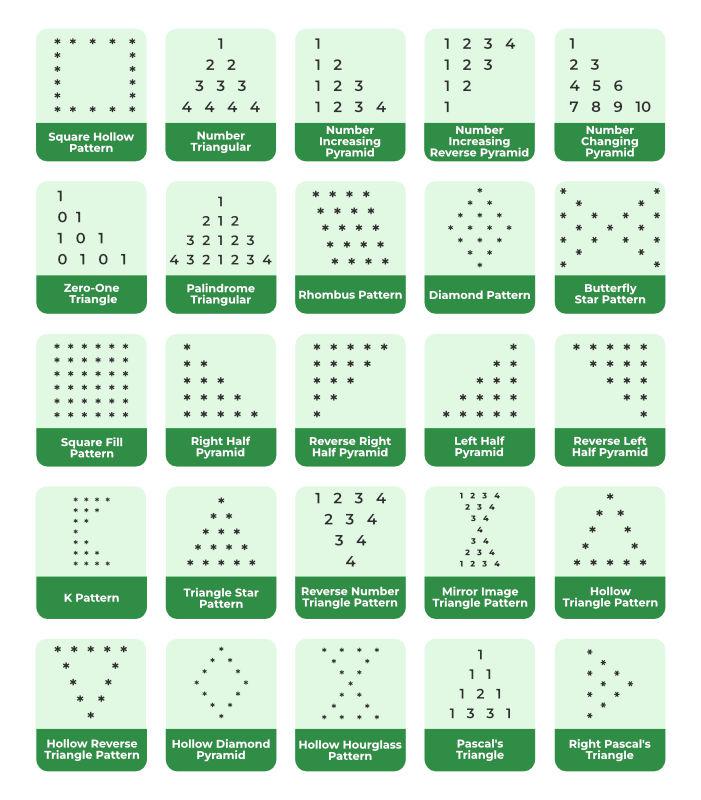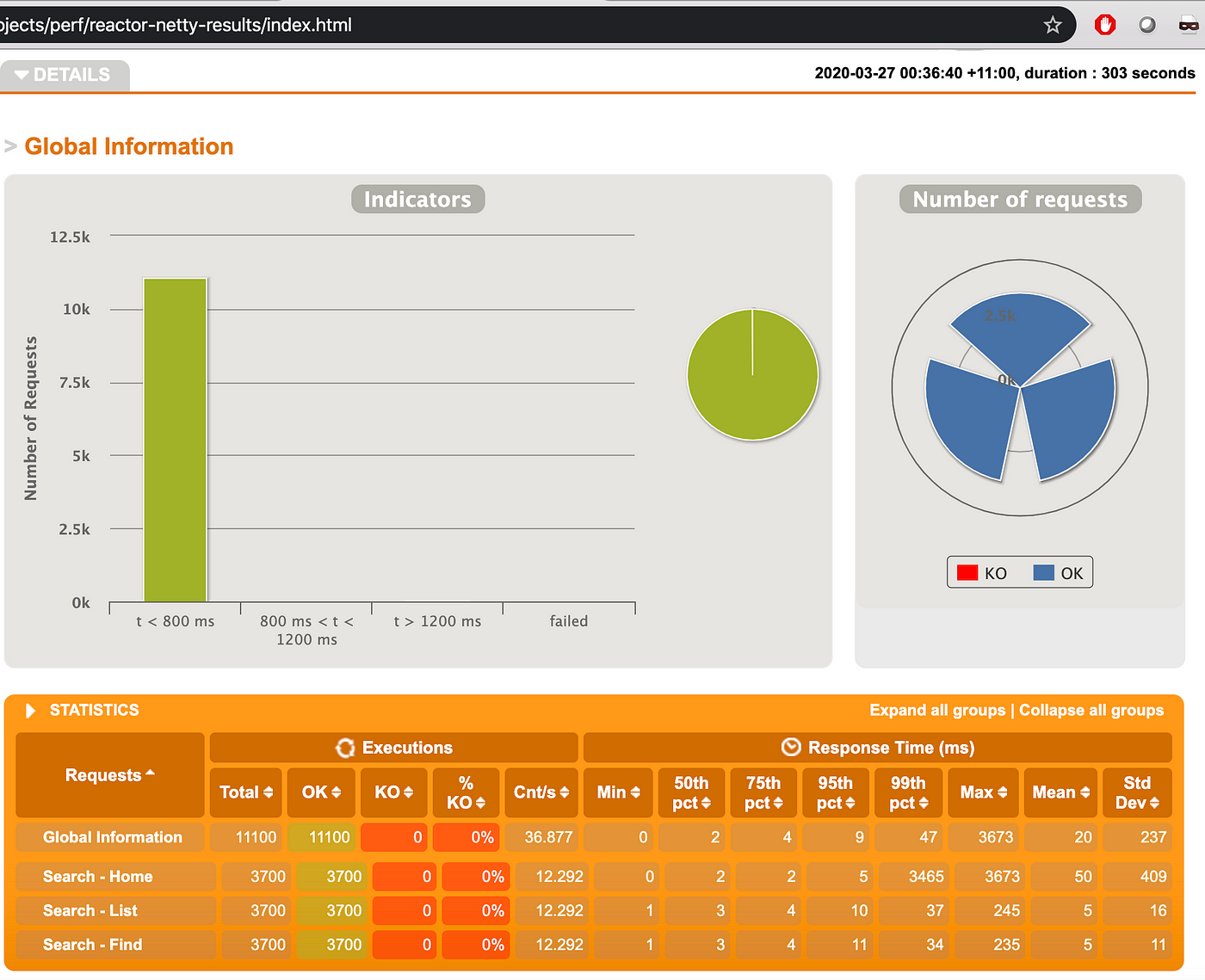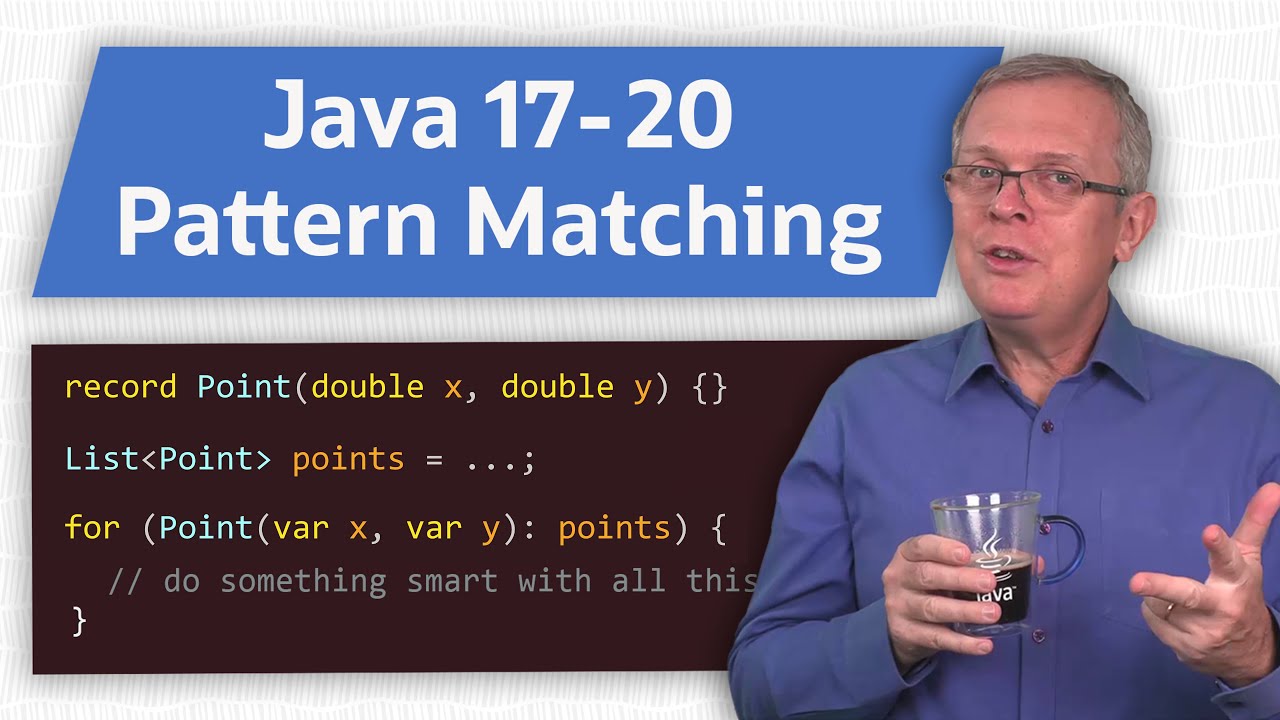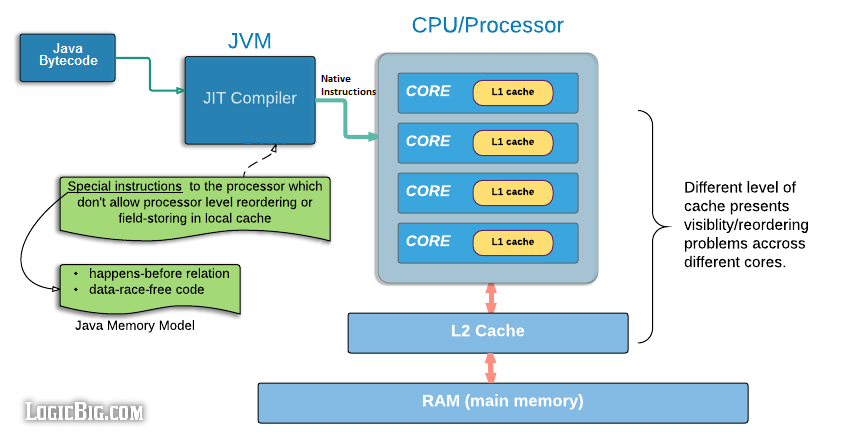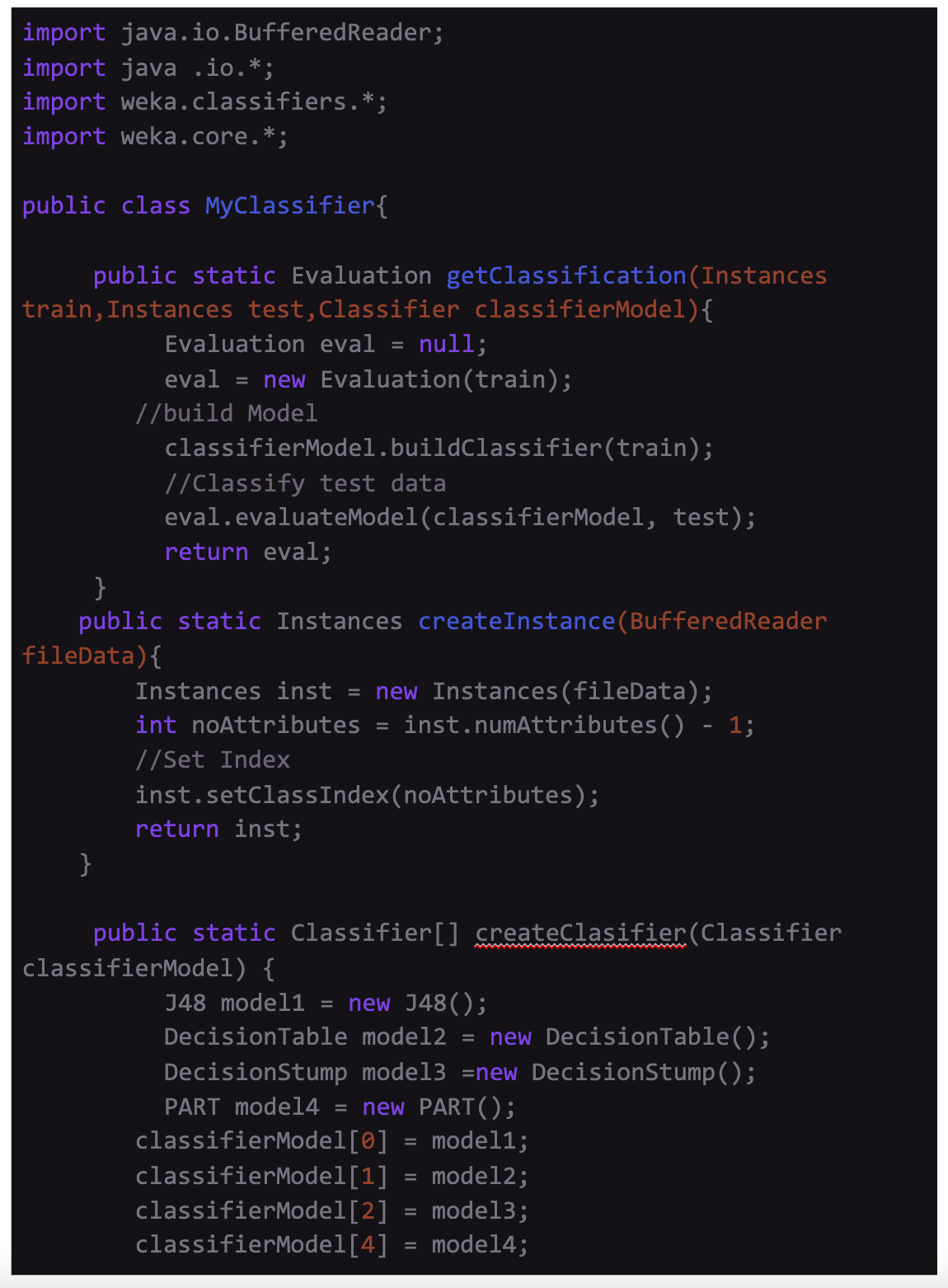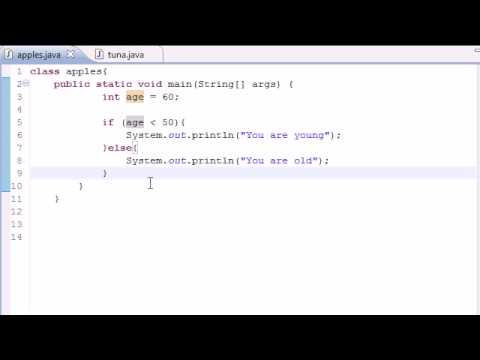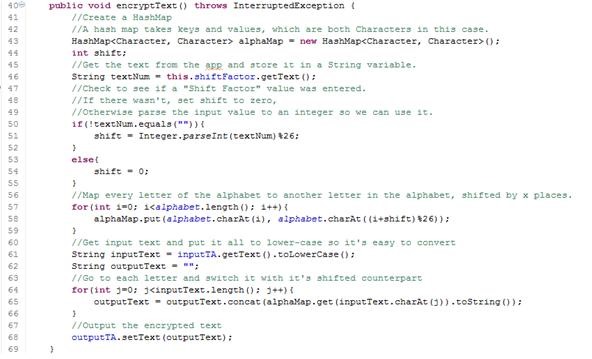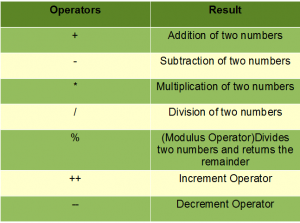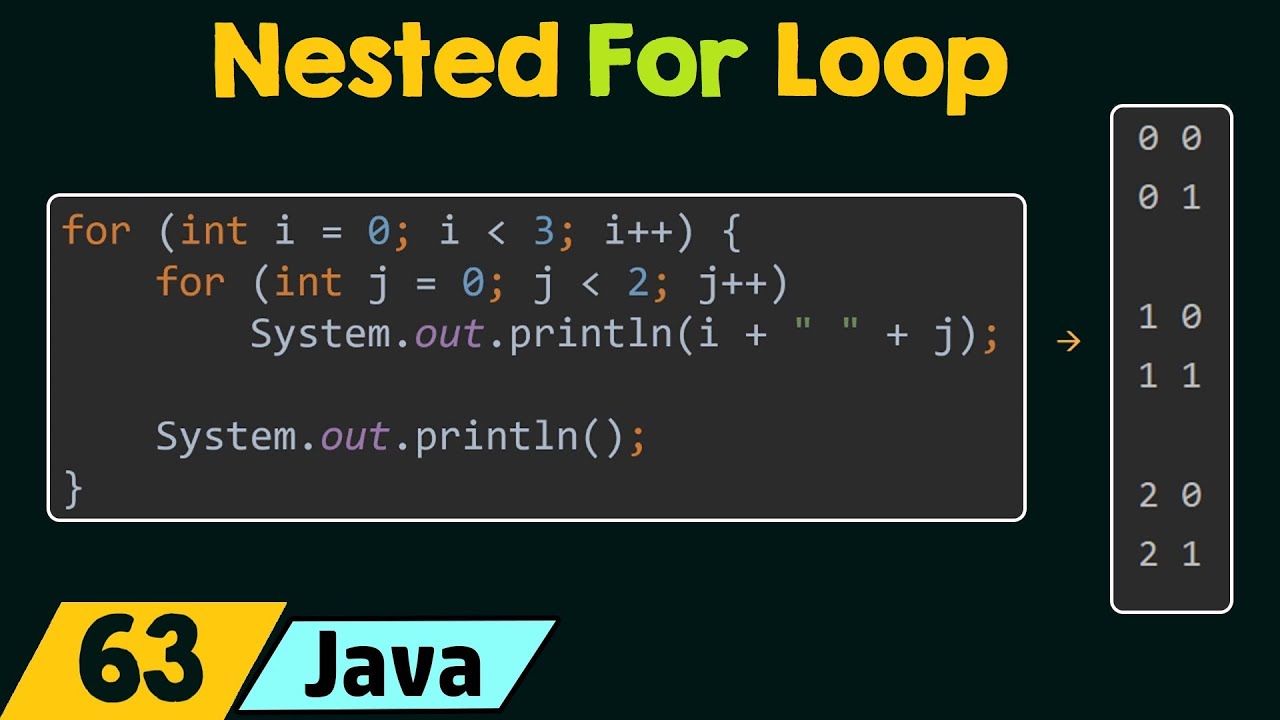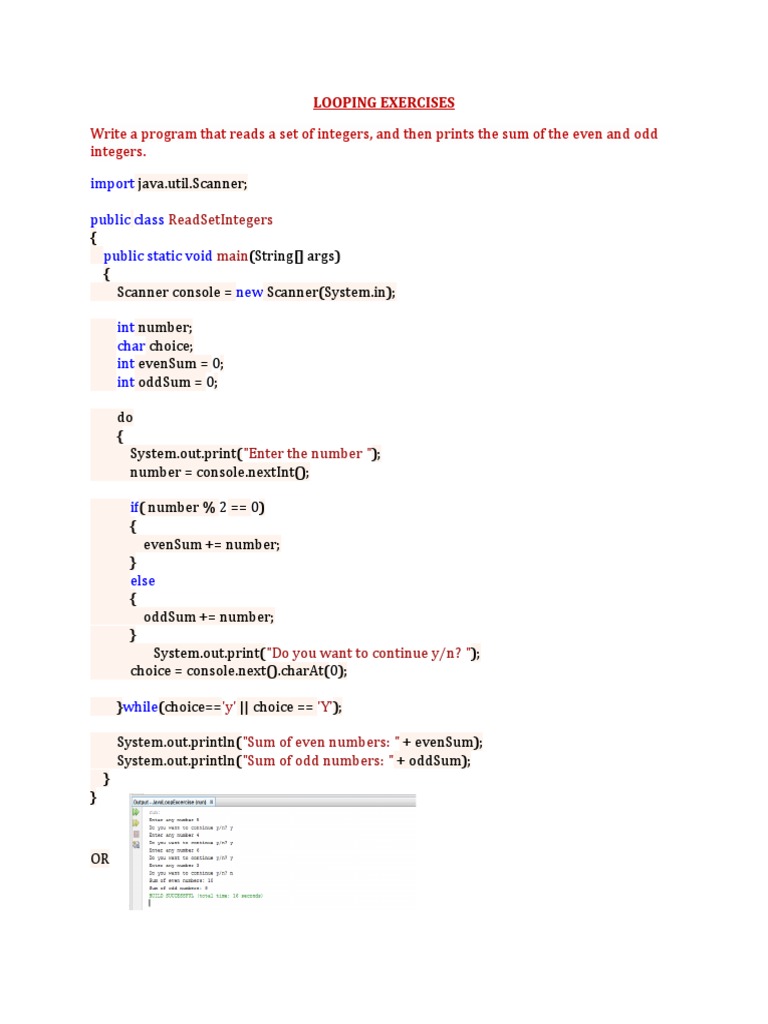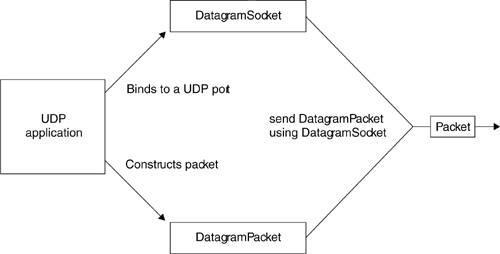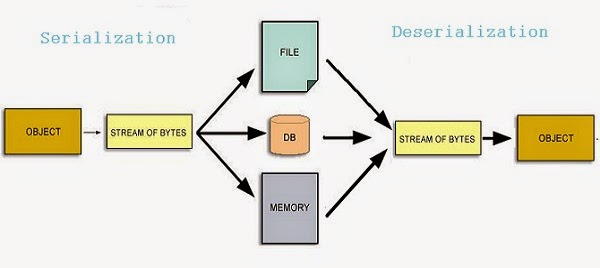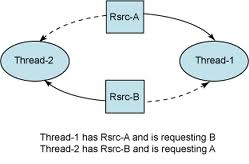What is static and non-static in Java?
What is static and non-static in Java?
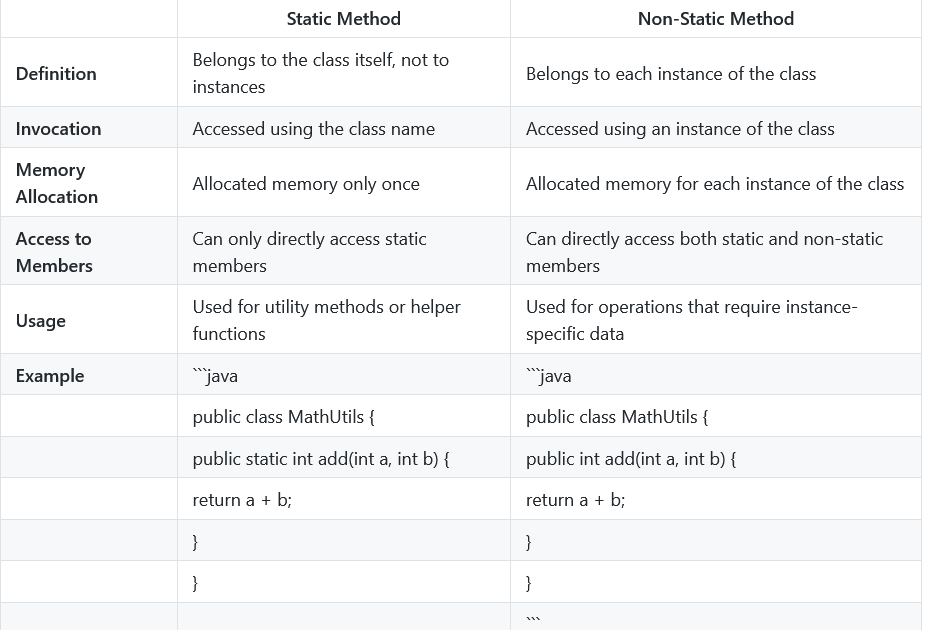
I'll respond in English only as requested!

In Java, the terms "static" and "non-static" (also known as "instance") refer to the scope or accessibility of variables, methods, and blocks within a class.
Static Members
Static members are associated with the class itself, rather than with instances of the class. This means that:
Static Variables: A static variable is shared by all instances of the same class. Only one copy of the variable exists, regardless of how many objects are created from the class. Static variables are initialized only once, when the class is loaded. Static Methods: A static method can be called without creating an instance of the class. It operates on the class itself rather than on instances.Example:
public class MyClass {
public static int count = 0;
public static void incrementCount() {
count++;
}
}
// Without creating an instance, call a static method and variable
MyClass.incrementCount(); // increases the count to 1
System.out.println(MyClass.count); // prints 1
Non-Static (Instance) Members
Non-static members are associated with instances of a class. Each instance has its own copy of these members.
Instance Variables: An instance variable is unique to each object created from the class. It is initialized when an object is created and is destroyed when the object is garbage collected. Instance Methods: An instance method operates on the specific instance it's called on, rather than the class itself.Example:
public class MyClass {
private int id;
public MyClass(int id) {
this.id = id;
}
public void printId() {
System.out.println("My ID is " + id);
}
}
// Create multiple instances with different IDs
MyClass obj1 = new MyClass(1);
obj1.printId(); // prints "My ID is 1"
MyClass obj2 = new MyClass(2);
obj2.printId(); // prints "My ID is 2"
In summary, static members are associated with the class itself, while non-static (instance) members are unique to each instance of a class. Understanding the differences between these two types is crucial for designing and using classes effectively in Java.
Would you like me to expand on this topic or answer any other questions?
What is static and nonstatic in java with example
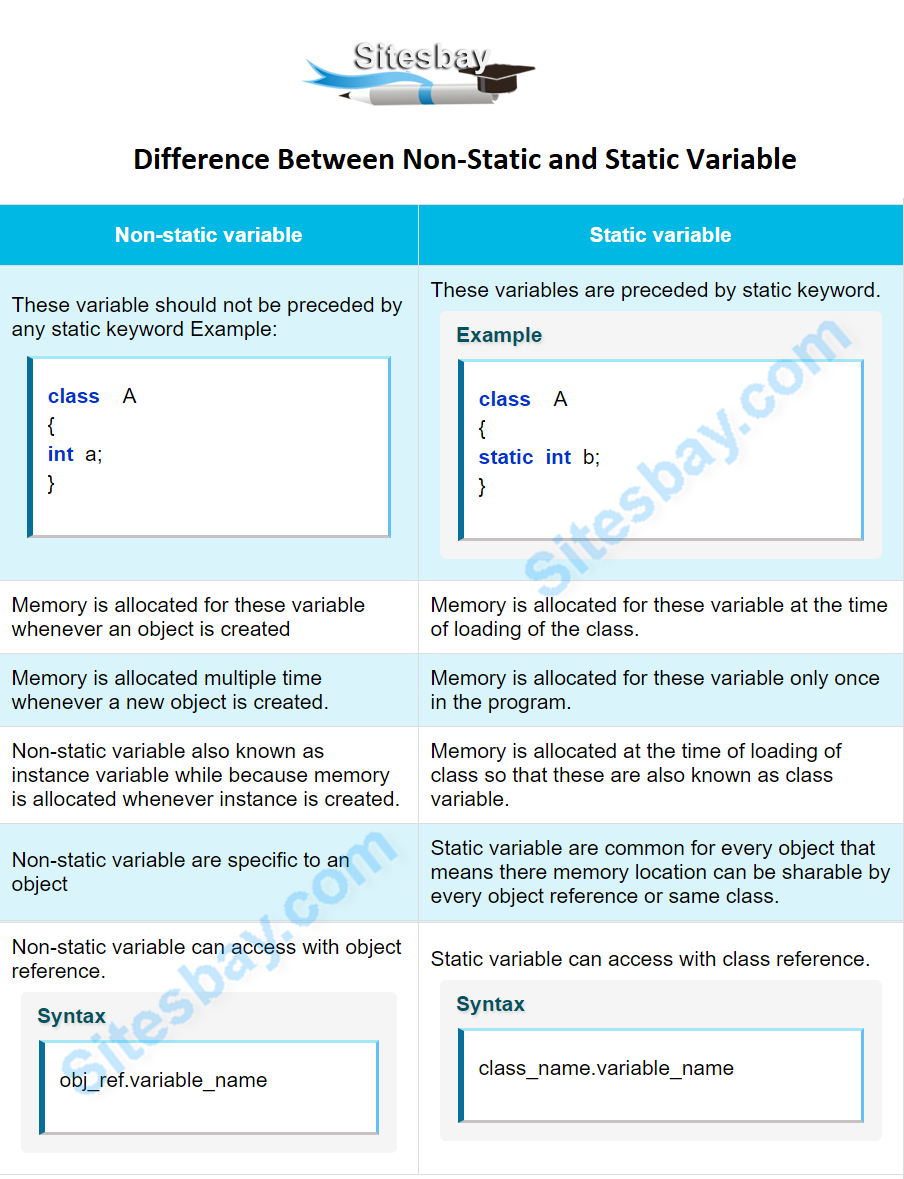
In Java, a static method or variable belongs to the class itself rather than instances of the class. On the other hand, non-static methods or variables belong to instances of the class.

Static Methods:
A static method is a method that can be called without creating an instance of the class. It is shared by all instances of the class and cannot access non-static variables directly. However, it can access other static variables and methods. Here's an example:
public class StaticMethodExample {
public static void printHello() {
System.out.println("Hello");
}
}
public class Main {
public static void main(String[] args) {
StaticMethodExample.printHello(); // prints "Hello"
}

}
In the above code, printHello() is a static method that can be called directly from the Main class without creating an instance of StaticMethodExample.
Non-Static Methods:
A non-static method, also known as an instance method, is a method that must be called through an instance of the class. It can access both static and non-static variables. Here's an example:
public class NonStaticMethodExample {
private String name;
public NonStaticMethodExample(String name) {
this.name = name;
}
public void printName() {
System.out.println("Hello, " + name);
}
}
public class Main {
public static void main(String[] args) {
NonStaticMethodExample obj1 = new NonStaticMethodExample("John");
NonStaticMethodExample obj2 = new NonStaticMethodExample("Jane");
obj1.printName(); // prints "Hello, John"
obj2.printName(); // prints "Hello, Jane"
}
}
In the above code, printName() is a non-static method that must be called through an instance of NonStaticMethodExample. Each instance has its own copy of the name variable.
Key Differences:
Accessibility: Static methods can be accessed without creating an instance of the class, while non-static methods require an instance to access. Scope: Static variables and methods are shared by all instances of the class, while non-static variables and methods belong to individual instances. Accessing Variables: Static methods cannot directly access non-static variables, but can access other static variables and methods. Non-static methods can access both static and non-static variables.In conclusion, understanding the differences between static and non-static methods and variables is crucial in Java programming. It allows you to design classes that are flexible, reusable, and maintainable, making your code more efficient and effective.
